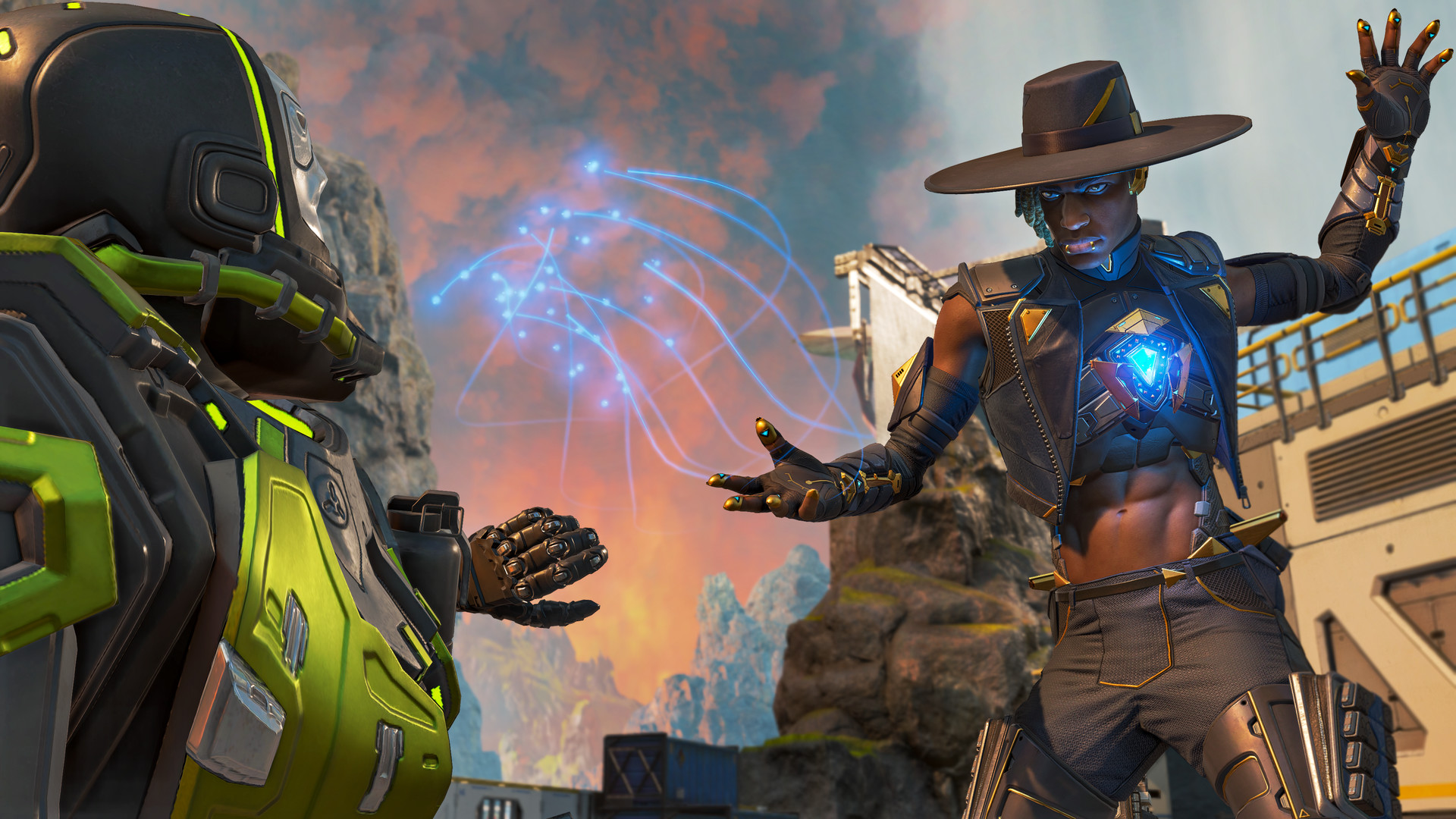“Who would I let? Nobody cares, “says a 70-year-old man resigned slightly in the edited documentary Reconstruction of the Occupation. He is holding a film reel in his hand, and the “uninteresting event” is August 21, 1968, when Czechoslovakia was occupied by the Warsaw Pact troops at the behest of Moscow, which intervened against the reforms of socialism. Perhaps the most memorable – and internationally best known in November 1989 – date of domestic history of the second half of the 20th century, however, gradually became mainly the “fateful eight”, which is commemorated by the obligatory Soviet tanks in front of Prague Radio.
However, Jan Šikl’s documentary, which premiered at the Karlovy Vary Festival on the 58th anniversary of August, shows why we should still be interested in August 1968 – it has deeply marked at least two generations, their relationship to politics and their trust in politics. And he does it convincingly: despite the stories of those who have experienced the events and who still carry them within themselves, not as history but as lived experience.
The initial moment for the creation of the film, which has been played by cinemas since Monday, was a “treasure” in the form of professionally shot material capturing the invasion in the length of 3.5 hours. These seem to be shots that no one has ever seen before. This is followed by a detective search for their author, but mainly for the people that the film captures. Gradually, the documentary filmmaker calls not only those who are on the belt, but also other people…
One anonymously leaves him a film reel, emigrating to Austria a few hours or days after the invasion, others let the author go home and pull other tapes out of the cupboards. Or bloodied shirts with shots from Soviet submachine guns, which they once wore and now present in front of the camera an experience that was in many cases physical to them without exaggeration. And with them, from the corners of memory, memories and statements come to light, through which the past, which in a way still persists, comes to life.
History is not static or final. They continue in those who have gone through them. And Šikl, on his way to memory and emotion, meets those who regret not going into confrontation – for example, the airport commander, who was forbidden to send prepared fighters to cargo planes bringing tanks. But even those, such as the Chief of the Border Guard – who are proud not to have been confronted – prevented further bloodshed and received a watch. There are those who spent a week in the hospital as children in a room without windows, where the staff hid them from the shooting. We also see those to whom the bullet took their brother, broke their mother, and even after fifty-three years, this experience brings tears to their eyes. Those to whom the occupation took a thing as fragile as dignity. Or those she taught about the realities of politics and helplessness so much that they resigned themselves to civic life; they do not trust politics or leaders.
For a large part of the Czech nation, the reforms of the 1960s really meant a crucial period of hope for change – and the capitulation of Alexander Dubček, the then political superstar, to whom they placed too high expectations, brought them fatal disappointment. The documentary also touches on the fundamental topic of why the original defiant and positive energy of the occupied nation, united by resistance against the occupiers, disappeared so quickly. And why it was a year later that “our people”, not the occupiers, intervened in Wenceslas Square against the protesters during Palach’s week.
The director skillfully combines with archival footage so that the latter does not let the others dominate – as often happens in documents standing on seductive black and white shots of burning tanks, clueless looking occupation soldiers threatened by fists with fists when they came to liberate, or inscriptions sending these Ivana home …
He is doing well because he handles materials differently than usual. Unwrapping gifts under the tree, lovers lying in the grass, grandmother swinging grandson. The reconstruction of the occupation begins with an evocative montage composed of fragments of domestic videos and family archives, mostly filmed at “sixteen”. Shots of family joys and everyday life will then be broken at one point by a historical event in the form of a tank outside the window, captured just by the way by someone who could not believe his own eyes.
Jan Šikl does two things in the introductory collage. As in his previous documentary, the eight-part Private Century, it establishes the basic premise that the banal and the important intertwine intimately. That great histories do not exist without the so-called small, personal ones. And personal histories can become great and great ones very personal. The director of the summer, collecting private and family film archives, thus presents a historical event of the first order, essentially as one large domestic video depicting the Czechoslovak nation as a cohesive and quarrelsome family. There are uncles we are ashamed of, moments that we remember with love, and those that we suffer from many trauma. The film about them and what actually remained in the “nation” after them should interest everyone.
Read also: The film Zátopek shows a legend as the Czech Forrest Gump
–



